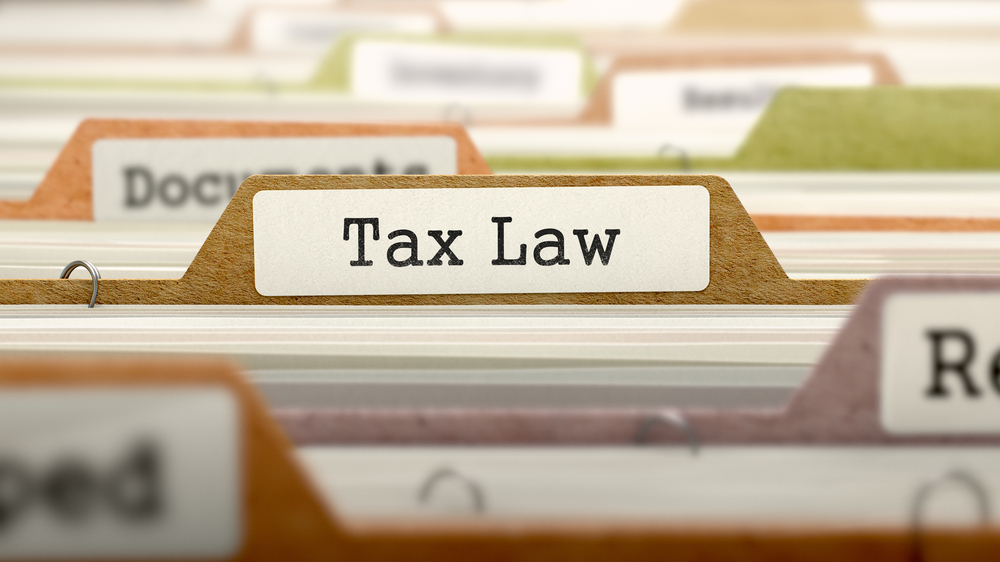 Becoming a professional poker player from scratch is harder than becoming a pro from a non-pro poker player. For someone who is starting from scratch, research on how the game is played is necessary to get the idea and master the rules. For someone with a little more experience, start practising for the real professional poker games to master strategies. The Poker King advises those who are planning to pursue poker as a profession to train and practise for more experience. Moreover, a professional poker player must learn about taxation laws of different countries before indulging into professional poker as different countries have different taxation laws on professional poker In the US, professional poker player Joe McKeehen paid nearly half of his win as tax to the US Internal Revenue Service. Joe had won $7,783,346 in the World Series of Poker (WSOP) main event. The IRS took from him an outstanding federal income tax of over $3 million, translating to about 44% taxation rate. This tax cannot be evaded as the laws of the land state that all winnings on professional poker must be reported to the Internal Revenue Service. For immigrant pro poker players, taxing begins on the first registered winnings by the IRS. The Spanish government shares the same ideology by enforcing amongst the most restrictive tax laws for professional pokers, who must report and pay income tax for every euro won on poker. On the other hand, playing professional poker in Belgium is much friendlier. Ever since its legalisation in the country in 2002, licencing procedures were put in place and laws were enforced to regulate it. Within these laws, there is absolutely no taxation on any gambling winnings, both for land and online cassinos. Belgium sounds like a nice spot to kick off your professional poker career as it has been listed in VegasMaster’s list of gambling tax-free countries. The tax laws in Denmark are rather mild as compared to most of the other European countries. Last year, there were some legislative amendments in tax laws that saw a reduction from 28% to 20% in the tax rates for online pro poker winnings. This means that online professional poker players get to keep a little bit more of their money in Denmark as compared to the ones in Italy. In the UK, poker players who are UK residents are relieved of any direct taxation on poker winnings. However, the government has a 25% taxation rate policy for all registered cassinos. For professional poker players, tournament spots may attract minimal taxation rates which are taxed on winnings alone. Rather than that, poker winnings are generally tax-free in the UK.
Becoming a professional poker player from scratch is harder than becoming a pro from a non-pro poker player. For someone who is starting from scratch, research on how the game is played is necessary to get the idea and master the rules. For someone with a little more experience, start practising for the real professional poker games to master strategies. The Poker King advises those who are planning to pursue poker as a profession to train and practise for more experience. Moreover, a professional poker player must learn about taxation laws of different countries before indulging into professional poker as different countries have different taxation laws on professional poker In the US, professional poker player Joe McKeehen paid nearly half of his win as tax to the US Internal Revenue Service. Joe had won $7,783,346 in the World Series of Poker (WSOP) main event. The IRS took from him an outstanding federal income tax of over $3 million, translating to about 44% taxation rate. This tax cannot be evaded as the laws of the land state that all winnings on professional poker must be reported to the Internal Revenue Service. For immigrant pro poker players, taxing begins on the first registered winnings by the IRS. The Spanish government shares the same ideology by enforcing amongst the most restrictive tax laws for professional pokers, who must report and pay income tax for every euro won on poker. On the other hand, playing professional poker in Belgium is much friendlier. Ever since its legalisation in the country in 2002, licencing procedures were put in place and laws were enforced to regulate it. Within these laws, there is absolutely no taxation on any gambling winnings, both for land and online cassinos. Belgium sounds like a nice spot to kick off your professional poker career as it has been listed in VegasMaster’s list of gambling tax-free countries. The tax laws in Denmark are rather mild as compared to most of the other European countries. Last year, there were some legislative amendments in tax laws that saw a reduction from 28% to 20% in the tax rates for online pro poker winnings. This means that online professional poker players get to keep a little bit more of their money in Denmark as compared to the ones in Italy. In the UK, poker players who are UK residents are relieved of any direct taxation on poker winnings. However, the government has a 25% taxation rate policy for all registered cassinos. For professional poker players, tournament spots may attract minimal taxation rates which are taxed on winnings alone. Rather than that, poker winnings are generally tax-free in the UK.
